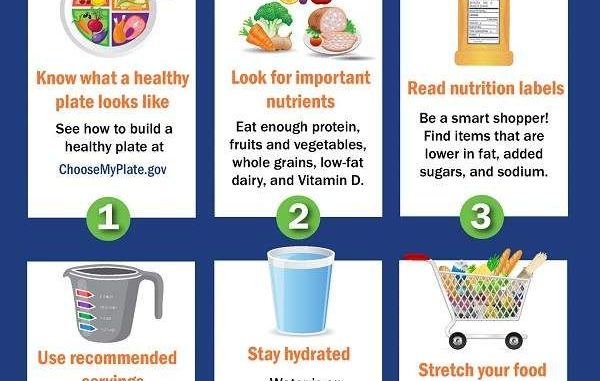
As we age, our nutritional needs change. It becomes more important than ever for older adults to focus on their diet and ensure they are getting the right nutrients to support their health and well-being. In this article, we will provide some valuable nutrition tips for older adults to help them age healthily and maintain their quality of life.
1. Eat a Balanced Diet
One of the most important nutrition tips for older adults is to eat a balanced diet that includes a variety of foods from all food groups. This will help ensure that you are getting all the essential nutrients your body needs to function properly. Focus on incorporating plenty of fruits, vegetables, whole grains, lean proteins, and healthy fats into your meals.
2. Stay Hydrated
Many older adults experience a decrease in thirst sensation as they age, which can lead to dehydration. It’s important to stay hydrated by drinking plenty of water throughout the day. Aim for at least eight glasses of water a day, and consider incorporating hydrating foods such as fruits and vegetables into your diet.
3. Get Plenty of Fiber
Fiber is essential for maintaining good digestive health and preventing constipation, a common issue among older adults. Make sure to include plenty of fiber-rich foods such as whole grains, fruits, vegetables, and legumes in your diet. This will help keep your digestive system running smoothly and promote overall gut health.
4. Limit Added Sugars and Salt
Excess sugar and salt in the diet can contribute to a variety of health issues, including heart disease, high blood pressure, and diabetes. Limit your intake of sugary foods and beverages, as well as processed and packaged foods that are high in sodium. Instead, focus on whole, unprocessed foods that are naturally low in added sugars and salt.
5. Consider Supplements
While it’s best to get your nutrients from food, older adults may benefit from taking certain supplements to fill in any nutritional gaps. Talk to your healthcare provider about which supplements might be right for you, such as vitamin D, calcium, and omega-3 fatty acids. Remember that supplements should complement a healthy diet, not replace it.
6. Practice Portion Control
As we age, our metabolism slows down and our calorie needs decrease. It’s important to practice portion control to prevent overeating and maintain a healthy weight. Pay attention to serving sizes, listen to your hunger cues, and avoid mindless eating. Eating smaller, more frequent meals throughout the day can also help keep your energy levels up.
Conclusion
By following these nutrition tips for older adults, you can support your overall health and well-being as you age. Remember that it’s never too late to make positive changes to your diet and lifestyle. Consult with a healthcare provider or a registered dietitian for personalized nutrition advice and support. Here’s to healthy aging!
